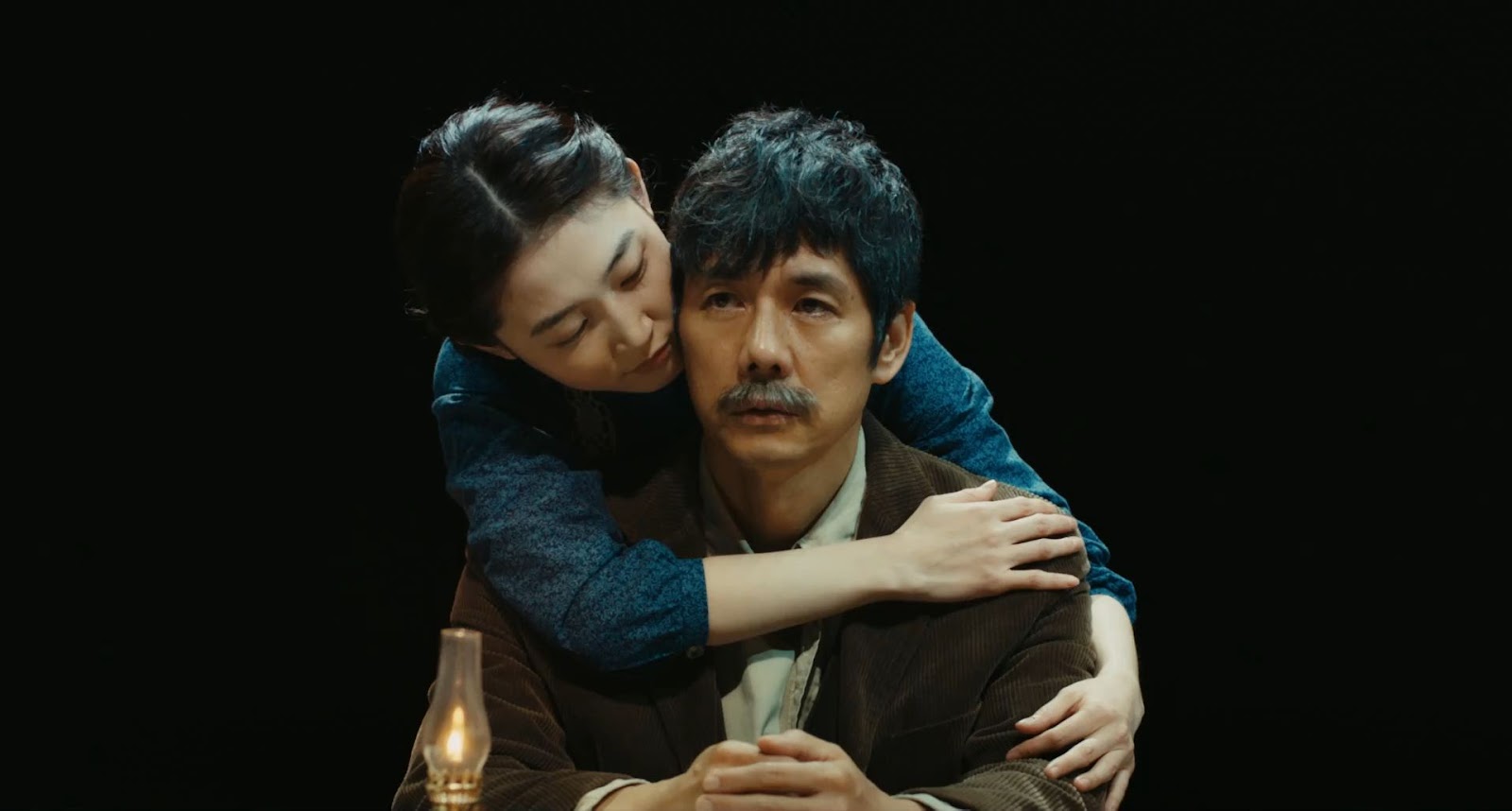Of Two Minds: chap 2 The arrow of harm 第二次讀書會導讀by豪均
# CHAP 2 The arrow of harm GUIDE
去認識患者哪裡出了問題是建立關係的第一步,而建立關係的第二步則是去辨認誰對誰造成了風險。而不幸地在整體的精神科住院醫師訓練中令人殘酷的事實是病人往往是造成風險的所在,危險的來源。相反地,在心理治療的訓練裡,治療者往往才是造成危險的來源。因此,醫院時常讓新的精神科醫師覺得自己與病人detached以及distant,而在門診的心理治療往往更為糾結而親密地參與其中。
In the hospital
#醫師被教育認識的身體,與日常的身體是不一樣的,是體驗而來的而不能單理解
language nature of medicine→ the human body, of pathology and medical treatment - were more profoundly different from my everyday world than nearly any of those I have experienced in other field research.
學生在醫學院裡無法去認識同時間''死亡''在不同脈絡裡的意義。讓其作為可能造成死亡的代價,變得微乎其微。
大多數的學生想要成為醫師: 去醫療生病者、救正在死亡者,而這些都在健康照顧重整的光環裡,他們想要去學如何醫治。最重要的一堂課是,學生們需要背負著他們永遠沒有負夠責任、學夠知識、足夠有效率。
- Mindset是應然地不足=training for uncertainty
-medical students are confronted with vast array of knowledge→
1. #operational guideline based→not solid but directional.
2. Learn detachment.-anatomy lab p.86= no one is ok to let other know it affects them=emotional
3. Ethic of stoicism p.86→ emotionalism=lack of scientific objectivity (rational)
Model of disease, which the body is unmindful.
1. no human intension
2. no human personality
3. ''you treat the problem and not the patient.'', '' the patient is a disease.''
4. ''heroism''(#male dominated career)=''solving puzzles of patient complaint with solution.'', '' presents the patient.⇒hidden biological framework. humiliation and shame=building hierarchy.
Internship
Two powerful lessons:
1. doctor feels like a doctor, #competency as self image
1. implicit dress code→those who violate the normative standard are marginalized #not necessarily actually
2. The patient become the enemy:callous survivor, macho culture(#male dominate) p.92
the responsibility, the hierarchy, the autonomy, the temptation to resent the patient, the terrible uncertainty as to what is wrong and what to do, EX: errors are forgive, so long as they are not repeated.
The unforgivable errors are actions that a reasonable person at that level of training should not make.
Good resident candidate: open-mindedness: being willing not to judge too quickly, to be humble, tolerance, responsibility, and comfort.
1. Be capable of listening quietly before they form an opinion.
2. Be able to allow people to be heard
3. the sense of responsibility, the capacity to serve the patient's needs and not your own.
4. The capacity to be comfortable with a wide range of people, to be natural with people.
Hearing suicide a lot but it is not always to be true p.96 last para
Admitted against the patient's will
1. The residents at this hospital had to fight to keep their compassion intact against the creeping cynicism that runs through condition like theses-not the conditions of the hospital but the unavailability of shelter care in the city, its inadequate disability services, or the fact that patients often no longer stay long enough to become better enough to be grateful for the help. (p.97
2. Depressed about the relentless of quality of these illness
3. railroading through / firing off psychosis question
4. ''senior doctors could probably do something lesson cynicism and alienation'' guarded and mistrustful (hopelessly and unrealistically idealizing the seniors. Most people opined that the residents were inexperience,arrogant , and confused. ''doing something''but the fact that the illness take a long time to improve, that compared to medicine there are few intervention, that patients are not always grateful for a doctor's help
“when I prescribing medicine, I do not have to establish this real relationship with the patient.”
the biomedical approach close to identity #politics p.99 vs #hidden resistance of patient→ anxiety of loosing their skills→#不帶聽診器→ 精神科被其他科瞧不起expertise
SEX stereotyping of the biomedical and the psychotherapeutic p,100
1. bio=masculine vs psychodynamic=women
And the medication works, straightforwardly.
''The patient remains set apart, as a diagnosis, as a body, and as a person''p.101 OfTwoMinds Chap2.
''Call'' hurts the doctor who do it ⇒ confront dangerous patients who are manipulative and deceitful→learn to keep their distance.
Outpatient Psychotherapy
Basic stance-not to hurt the patients
# explaining what is going on with a patient to the patient is not sufficient to enable that patient to change→emotion-motivation-behavior bundles.
# construct a relationship with the patient in which the patient feels safe enough and trusting enough, to learn from what the therapist has to say. To understand how she appears to be one serves his.
# Supervision= confront young therapist with the fact that the habitual ways in which they act in the world construct their perceptions of it.
#Transference=小t與大T=power to hurt and power to heal
1. ''cobwebbing'' p.105=forced intimacy, gossiping about seniors, indiscretion
2. 和心理治療師談的全部的人都會知道,隨意談話的場景的人都知道你的底細
3. but you need to cry in therapy =healthy p.108
4. not in therapy=afraid therapy intimacy, afraid to learn so much about her own unhappines
Basic lesson of the field: we profoundly shape our world/ we throw ourselves against the hard wall of our therapists personality only to discover that we built it ourselves⇒ boundary ego inflation p,108;
1. Overwhelming of feelings=再製自己的早年經驗 projection
2. 得知psychotherapy 可行是因為自己的被治療經驗
3. Psychoanalysis→ providing patient with implicit assumption
How an analyst relates?
self objects= therapeutic relationship = reparent the patients
''you weren't meant to say anything about it''
'it has become the naked emotional encounter of two souls.''
1. much to fear=intense emotion.→also to learn how to construct a relationship is not limited by the therapist also not to be hurt a patient,
2. yet therapist are often dishonest→ forming hypotheses but not using them
3. ''being available''= undo your socialization p.111 pause and think,


